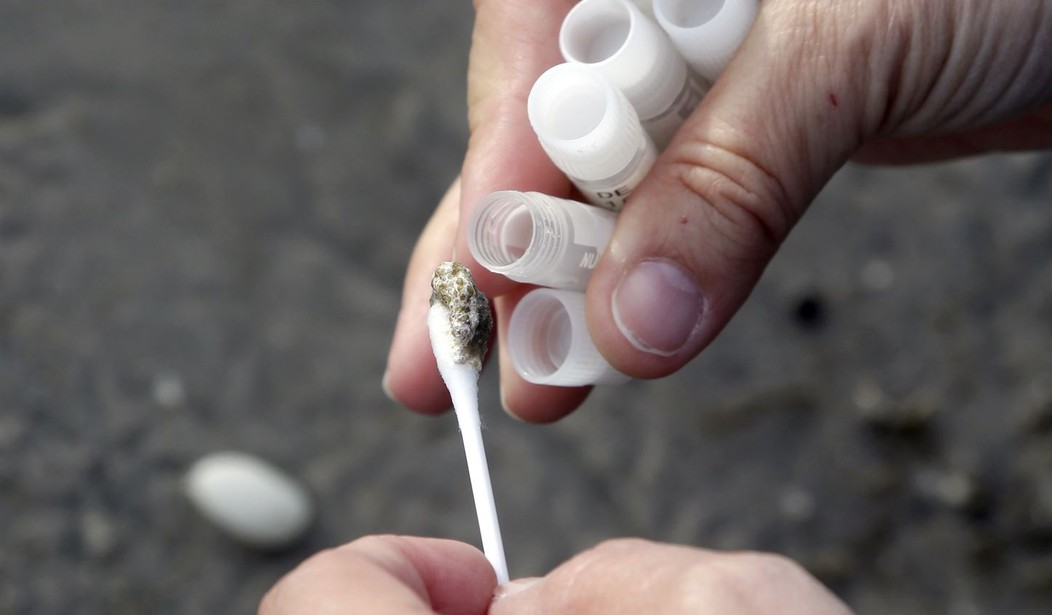On the odd chance that you need one more thing to worry about, federal health officials have you covered. Like most of us, you have probably put away your facemasks and left the COVID pandemic in your rearview mirror. But we're now being told that a brand new pandemic could be on the horizon and one federal medical official is saying that it could be "100 times worse than COVID." This one didn't come out of a lab in Wuhan, however, and it's not particularly new. It's the bird flu, more properly known as the H5N1 avian flu. "But wait," you're probably thinking. "Doesn't that affect birds and livestock?" For the most part, yes. But it's been showing up in herds of cattle in Texas and now a human dairy worker has contracted it. But before you pack up and head for the bunker, it may be a bit too soon to go into a panic over this. (NY Post)
A bird flu pandemic with the potential to be “100 times worse than COVID” may be on the horizon after a rare human case was discovered in Texas, experts have warned.
The H5N1 avian flu has spread rapidly since a new strain was detected in 2020, affecting wild birds in every state, as well as in commercial poultry and backyard flocks.
But it has now even been detected in mammals, with cattle herds across four states becoming infected, and on Monday federal health officials announced that a dairy worker in Texas caught the virus.
Dr. Suresh Kuchipudi is a bird flu researcher located in Pittsburgh. He recently told reporters that the H5N1 avian flu has been "on the top of the pandemic list for many, many years and probably decades." Now, he says, we may be getting "dangerously close" to having it turn into a pandemic.
It's not that we shouldn't take this virus (or any communicable disease) seriously. We should, and researchers have been keeping a close eye on it. But the current versions of the virus don't spread easily to humans. The problem will come if a new mutation that easily moves between other mammals and humans shows up. While COVID only kills roughly 0.1 percent of the people it infects, more than 50 percent of the humans known to have contracted it thus far have died. But Kuchipudi suggests that a new mutation might not have as high of a mortality rate.
The good news is that this is not a new virus coming at us from out of the blue like COVID did. We already have a vaccine against the bird flu, though it would have to be "fine-tuned" for the latest mutation to achieve maximum effectiveness. As a bonus, it's a traditional, weakened virus vaccine, not one of those experimental mRNA concoctions. In the meantime, researchers say that you will have a measurable amount of protection against bird flu from the standard flu vaccine that many of us receive each year. You might still catch it, but your chances of dying or requiring ICU care can be greatly decreased.
Before we get too comfortable, however, it's worth noting that the statistics cited above all come from American health officials and not all medical associations agree. The National Health Service of the UK disagrees, saying that there is no proven vaccine against H5N1. They cite the need for a "catalog" of vaccines that have passed clinical trials in humans against multiple known strains of the bird flu. These include H5N3 and H5N9, though both are considered to be less virulent than H5N1.
As always, don't rely on me for your medical advice because I'm not a doctor. If the disease shows up in your area, consult your physician and see what your options are. Hopefully, if you don't work on a cattle ranch, your odds are probably still pretty good.








Join the conversation as a VIP Member